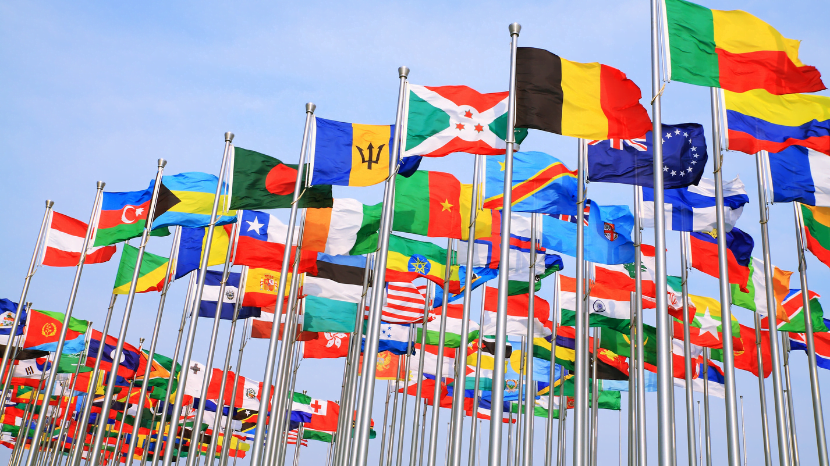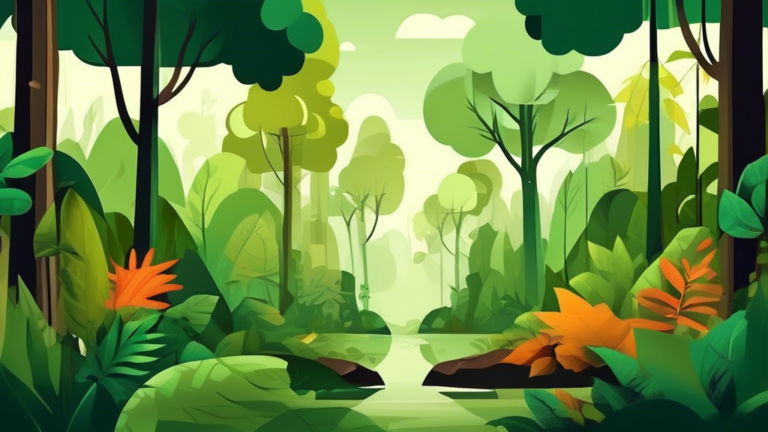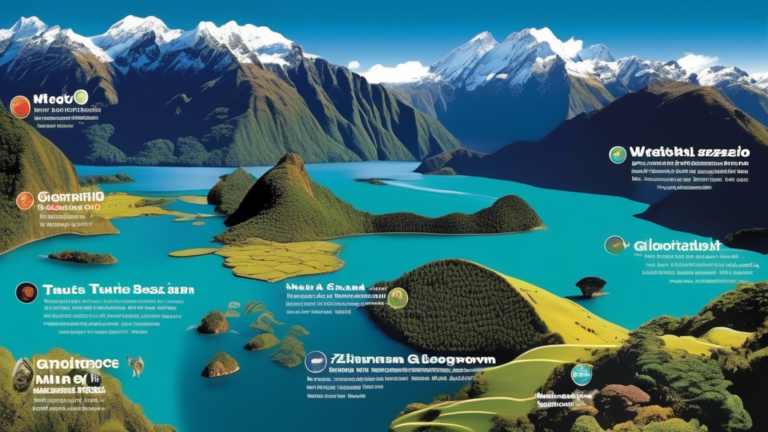100 Facts About Countries
“100 Facts About Countries”: Dive into a world of wonder and discovery with this enlightening article that takes you across continents, unveiling unique attributes of various nations. A must-read for curious minds and avid travelers.
Embark on a fascinating journey as we explore 100 unique facts about 100 different countries. From the well-known to the obscure, each fact will offer a glimpse into the diverse cultures, traditions, and peculiarities that make up our world. Let’s dive in!
Fact 1: Brazil – The Amazon Rainforest
Brazil is home to the Amazon Rainforest, the world’s largest tropical rainforest, fostering an incredibly diverse range of wildlife and plant species, many of which are found nowhere else on Earth.
Fact 2: Russia – The Trans-Siberian Railway
Russia hosts the Trans-Siberian Railway, the longest railway line in the world, stretching over 9,289 kilometers and offering a breathtaking journey through the vast landscapes of Russia.
Fact 3: China – The Great Wall
China is home to the Great Wall, a series of fortifications made of stone, brick, and other materials, initially built to protect the Chinese states against raids and invasions.
Fact 4: Canada – The Northernmost Settlement
Canada houses the world’s northernmost permanently inhabited place, Alert, which lies just 817 kilometers from the North Pole, experiencing extremely cold temperatures.
Fact 5: Australia – Unique Wildlife
Australia is known for its unique wildlife, including kangaroos, koalas, and the duck-billed platypus, an egg-laying mammal found only in eastern Australia.
Fact 6: Argentina – Tango Dance
Argentina is the birthplace of the Tango dance, a vibrant and expressive dance style that originated in the working-class neighborhoods of Buenos Aires in the late 19th century.
Fact 7: Egypt – Pyramids of Giza
Egypt is home to the Pyramids of Giza, one of the Seven Wonders of the Ancient World, showcasing the architectural brilliance of ancient Egyptian civilization.
Fact 8: South Africa – The Cradle of Humankind
South Africa hosts the Cradle of Humankind, a UNESCO World Heritage site, which contains a complex of limestone caves where many hominid fossils have been found, shedding light on human evolution.
Fact 9: Italy – The City of Canals
Italy is home to Venice, the city of canals, renowned for its beautiful waterways and gondola rides, offering a unique and romantic urban experience.
Fact 10: Greece – The Olympic Games
Greece is the birthplace of the Olympic Games, an ancient tradition that celebrated physical athleticism and competition, which was revived in the modern era in 1896.
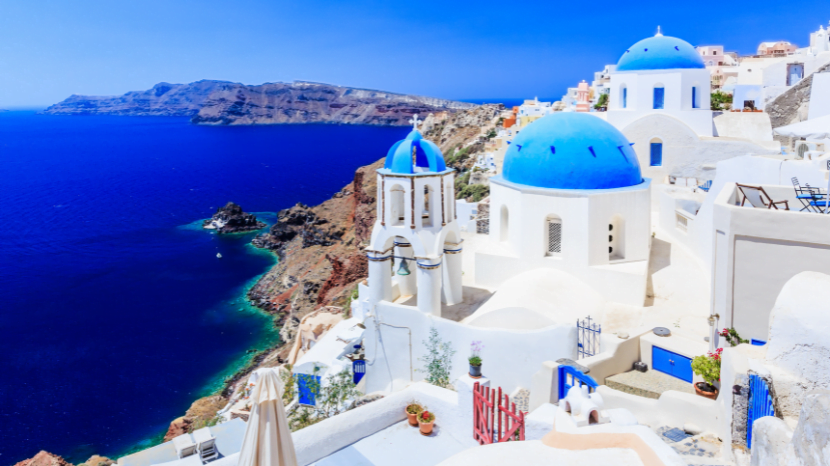
Fact 11: India – The Festival of Colors
India celebrates Holi, the festival of colors, where people smear each other with colors, marking the victory of good over evil and the arrival of spring.
Fact 12: Japan – Cherry Blossom Festivals
Japan is famous for its cherry blossom festivals, where the blooming of cherry trees (Sakura) is celebrated with picnics and parties under the blossoming trees.
Fact 13: Mexico – The Day of the Dead
Mexico celebrates the Day of the Dead, a vibrant and colorful celebration to honor and remember deceased loved ones, merging indigenous traditions with Catholic influences.
Fact 14: France – The City of Light
France is home to Paris, often referred to as “The City of Light”, known for its art, gastronomy, and culture, and home to iconic landmarks like the Eiffel Tower and Louvre Museum.
Fact 15: Spain – La Tomatina
Spain hosts La Tomatina, an annual festival where participants throw tomatoes at each other, creating a city-wide tomato fight in the town of Buñol.
Fact 16: Germany – Oktoberfest
Germany is known for Oktoberfest, the world’s largest Volksfest (beer festival and travelling funfair), celebrated annually in Munich, attracting visitors from all over the world.
Fact 17: Turkey – The Whirling Dervishes
Turkey is home to the Whirling Dervishes, a Sufi religious practice where participants whirl in a form of physically active meditation, seeking to achieve spiritual closeness to God.
Fact 18: Indonesia – The Komodo Dragon
Indonesia is the habitat of the Komodo dragon, the largest living species of lizard, found in the Indonesian islands of Komodo, Rinca, Flores, and Gili Motang.
Fact 19: Saudi Arabia – The Two Holy Mosques
Saudi Arabia is home to Islam’s two holiest sites, Masjid al-Haram in Mecca and Al-Masjid an-Nabawi in Medina, attracting millions of pilgrims annually.
Fact 20: Sweden – The Northern Lights
Sweden offers some of the best spots to witness the Northern Lights, a natural light display in the Earth’s sky, predominantly seen in high-latitude regions around the Arctic and Antarctic.
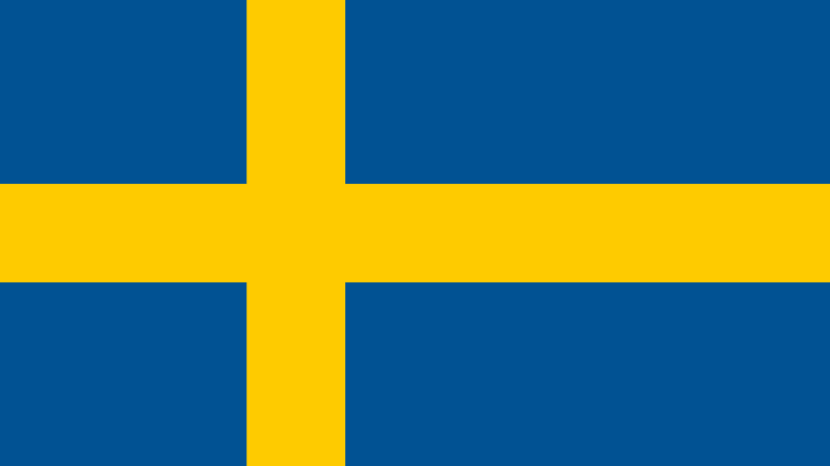
Fact 21: Norway – The Land of the Midnight Sun
Norway, known as the Land of the Midnight Sun, experiences polar day during the summer months, where the sun does not set for an extended period, offering a unique natural phenomenon and a beautiful sight.
Fact 22: Finland – The Land of a Thousand Lakes
Finland, often referred to as the Land of a Thousand Lakes, actually contains around 188,000 lakes, offering stunning natural beauty and a paradise for those who love water-related activities.
Fact 23: Iceland – Geothermal Energy
Iceland is renowned for its use of geothermal energy, harnessing the Earth’s heat for electricity and to warm the majority of the country’s homes, showcasing a sustainable approach to living.
Fact 24: Ireland – The Emerald Isle
Ireland, known as the Emerald Isle, is famed for its lush green landscapes, a result of the country’s mild but moist climate, offering picturesque scenery that attracts visitors from around the world.
Fact 25: Portugal – Cork Production
Portugal is the world’s largest producer of cork, with the majority of the world’s cork trees found in the country, playing a significant role in its economy.
Fact 26: Netherlands – Land of Tulips
The Netherlands is often associated with tulips, hosting the world’s largest flower garden, Keukenhof, where millions of tulips bloom each spring, creating a vibrant and colorful display.
Fact 27: Belgium – Chocolate Heaven
Belgium is renowned for its high-quality chocolate, with more than 2,000 chocolatiers in the country, making it a paradise for chocolate enthusiasts.
Fact 28: Switzerland – Land of Lakes and Mountains
Switzerland is known for its stunning natural landscapes, featuring numerous lakes, mountains, and valleys, offering a haven for nature lovers and adventure seekers.
Fact 29: Austria – The Birthplace of Classical Music
Austria is often considered the birthplace of classical music, being home to legendary composers like Mozart, Beethoven, and Strauss, offering a rich musical heritage.
Fact 30: Hungary – Thermal Baths
Hungary, particularly Budapest, is famous for its thermal baths, utilizing the country’s rich thermal water resources for relaxation and therapy, attracting visitors seeking wellness and relaxation.
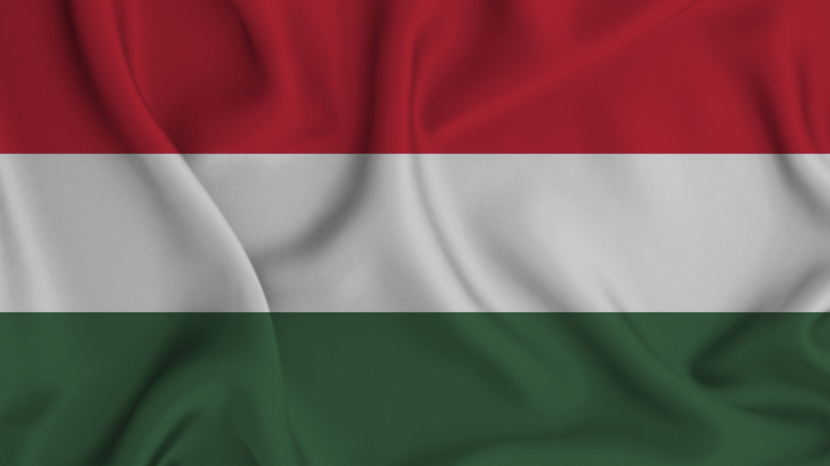
Fact 31: Czech Republic – The Castle Capital
The Czech Republic boasts the highest castle density in the world, with over 2,000 castles, ruins, and chateaux, offering a glimpse into the country’s rich history and architectural heritage.
Fact 32: Poland – The Home of Vodka
Poland is considered one of the birthplaces of vodka, with a long history of vodka production, offering a variety of premium vodkas enjoyed worldwide.
Fact 33: Ukraine – The Breadbasket of Europe
Ukraine is often referred to as the “Breadbasket of Europe” due to its rich fertile lands, being one of the world’s largest grain exporters.
Fact 34: Romania – The Home of Dracula
Romania is home to the Bran Castle, often associated with the Dracula legend, attracting visitors keen to explore the myths and history surrounding this iconic figure.
Fact 35: Bulgaria – The Rose Valley
Bulgaria is known for its Rose Valley, the world’s largest producer of rose oil, used in the production of many perfumes and cosmetic products.
Fact 36: Croatia – The Dalmatian Coast
Croatia is famed for its beautiful Dalmatian Coast, offering stunning beaches and crystal-clear waters along the Adriatic Sea, attracting beach lovers and sun-seekers.
Fact 37: Slovenia – The Green Capital
Slovenia is known for its commitment to green and sustainable tourism, with its capital, Ljubljana, being awarded the title of European Green Capital in 2016.
Fact 38: Slovakia – The Land of Castles
Slovakia, similar to its neighbor the Czech Republic, is known for its numerous castles, offering a rich historical and architectural heritage.
Fact 39: Serbia – The Raspberry Capital
Serbia is one of the world’s largest producers and exporters of raspberries, contributing significantly to the global raspberry market.
Fact 40: Bosnia and Herzegovina – The Meeting Point of Cultures
Bosnia and Herzegovina is known as a meeting point of different cultures and religions, offering a rich blend of Eastern and Western influences, reflected in its architecture, cuisine, and traditions.
Fact 41: Albania – The Land of Eagles
Albania, known as the Land of Eagles, features a double-headed eagle on its national flag, a symbol representing the sovereignty and pride of a nation with a rich history and diverse cultural influences.
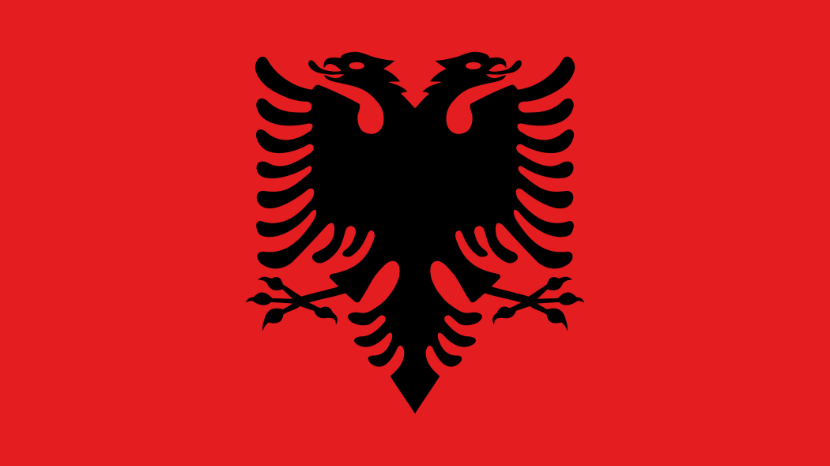
Fact 42: Kosovo – The Youngest European Country
Kosovo is considered the youngest country in Europe, having declared independence from Serbia in 2008. It is known for its diverse cultural heritage and beautiful landscapes.
Fact 43: North Macedonia – The Birthplace of Alexander the Great
North Macedonia is renowned as the birthplace of Alexander the Great, one of the most successful military commanders in history, who created an empire that stretched from Greece to India.
Fact 44: Montenegro – The Black Mountain
Montenegro, which translates to “Black Mountain”, is known for its stunning mountainous landscapes, pristine beaches, and beautiful Adriatic coast.
Fact 45: Malta – The Land of Honey
Malta, often referred to as the Land of Honey, is known for its unique varieties of honey, a product of the indigenous Maltese bee, which has been produced on the island for thousands of years.
Fact 46: Cyprus – The Island of Aphrodite
Cyprus is known as the Island of Aphrodite, the goddess of love and beauty, who, according to mythology, was born from the sea foam on the island’s shores.
Fact 47: Estonia – The Digital Society
Estonia is recognized as a global leader in digital innovation, offering e-residency that allows global citizens to start and manage businesses online, showcasing a forward-thinking approach to governance.
Fact 48: Latvia – The Land of Forests
Latvia, often referred to as the Land of Forests, is covered by over 50% forest, offering a rich natural environment and a haven for wildlife enthusiasts.
Fact 49: Lithuania – The Land of Storks
Lithuania is known as the Land of Storks, the national bird of the country, symbolizing home and family. Every year, numerous storks return to Lithuania, nesting predominantly on rooftops and poles.
Fact 50: Belarus – The Land of Blue Lakes
Belarus, often referred to as the Land of Blue Lakes, is home to over 11,000 lakes, offering picturesque landscapes and a rich variety of flora and fauna.
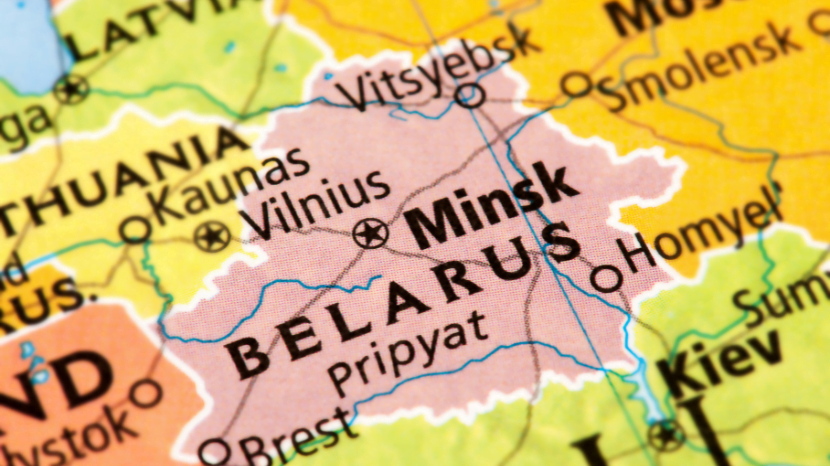
Fact 51: Moldova – The Wine Country
Moldova is renowned for its wine production, boasting a high density of vineyards and a rich wine-making tradition, with numerous cellars offering a wide variety of quality wines.
Fact 52: Luxembourg – The Grand Duchy
Luxembourg is the only Grand Duchy in the world, a country known for its high standard of living, beautiful medieval architecture, and as a prominent financial center.
Fact 53: Monaco – The Playground of the Rich
Monaco is known as the playground of the rich and famous, boasting luxurious casinos, yacht-lined harbor, and prestigious events like the Monaco Grand Prix.
Fact 54: San Marino – The Oldest Republic
San Marino is the world’s oldest republic, with a history dating back to A.D. 301. Despite its small size, it has maintained its independence and unique character for over 1700 years.
Fact 55: Andorra – The Country of Pyrenees
Andorra, nestled in the Pyrenees mountains between France and Spain, is known for its beautiful mountainous landscapes, ski resorts, and as a shopping paradise due to low taxes.
Fact 56: Liechtenstein – The Double Landlocked Country
Liechtenstein is one of the only two double landlocked countries in the world, meaning it is landlocked by countries that are also landlocked. It is known for its beautiful alpine landscapes and medieval castles.
Fact 57: Vatican City – The Smallest Independent State
Vatican City is the smallest independent state in the world, both by area and population. It is the spiritual and administrative center of the Roman Catholic Church and is the residence of the Pope.
Fact 58: Greenland – The Land of Ice
Greenland, an autonomous territory of Denmark, is the largest island in the world, known for its vast ice sheets, stunning glaciers, and vibrant Inuit culture.
Fact 59: Faroe Islands – The Land of Sheep
The Faroe Islands, a self-governing archipelago under the sovereignty of Denmark, is known for its rugged landscapes, rich Viking history, and a large population of sheep that outnumber the human inhabitants.
Fact 60: Iceland – The Land of Fire and Ice
Iceland, often referred to as the Land of Fire and Ice, is known for its stunning natural contrasts, with glaciers and volcanic landscapes coexisting in a dramatic and beautiful

Fact 61: New Zealand – The Land of the Long White Cloud
New Zealand, or “Aotearoa” in Maori, translates to “The Land of the Long White Cloud”. It’s known for its stunning natural landscapes, including mountains, lakes, and lush forests.
Fact 62: Fiji – The Soft Coral Capital of the World
Fiji is renowned as the “Soft Coral Capital of the World”, offering vibrant and diverse underwater ecosystems that attract divers and marine life enthusiasts from around the globe.
Fact 63: Papua New Guinea – A Linguistic Paradise
Papua New Guinea is known for its linguistic diversity, with over 800 languages spoken, making it the most linguistically diverse place on Earth.
Fact 64: Solomon Islands – The Island of Giants
The Solomon Islands are home to several species of giant rats and possums, earning it the nickname “The Island of Giants”. It’s a place of rich biodiversity and unique wildlife.
Fact 65: Vanuatu – The Happiest Place on Earth
Vanuatu was once ranked as the “Happiest Place on Earth” according to the Happy Planet Index, which considers factors like well-being, life expectancy, inequality of outcomes, and ecological footprint.
Fact 66: Samoa – The Cradle of Polynesia
Samoa, often referred to as the “Cradle of Polynesia”, has a rich cultural heritage with customs, music, dance, and art that have influenced the broader Polynesian culture.
Fact 67: Tonga – The Friendly Islands
Tonga, known as “The Friendly Islands”, is a Polynesian country renowned for its friendly locals, beautiful islands, and vibrant cultural festivals.
Fact 68: Micronesia – The Small Islands
Micronesia, which means “small islands”, is composed of numerous small islands scattered across the western Pacific Ocean, offering a paradise for divers and adventurers.
Fact 69: Palau – The Underwater Wonder
Palau is known for its underwater wonders, including the Jellyfish Lake, where millions of golden jellyfish migrate horizontally across the lake daily, offering a unique snorkeling experience.
Fact 70: Marshall Islands – The Navigators
The Marshall Islands has a rich history of navigation, with locals historically using stick charts, which represent wave patterns, to navigate the vast Pacific Ocean.
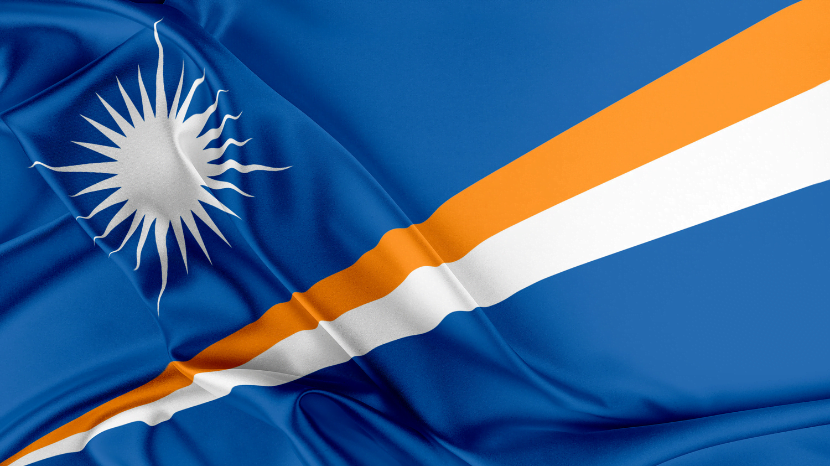
Fact 71: Kiribati – The Sunrise Nation
Kiribati is the first country to witness the sunrise each day, due to its position right beside the International Date Line, earning it the nickname “The Sunrise Nation”.
Fact 72: Tuvalu – The Sinking Paradise
Tuvalu, a low-lying island nation, is facing the threat of being submerged due to rising sea levels, a direct impact of climate change, making its future uncertain.
Fact 73: Nauru – The Smallest Island Country
Nauru is the third smallest country in the world by land area, and the smallest island country, known for its phosphate mining operations.
Fact 74: Seychelles – The Island Paradise
Seychelles is often referred to as an “Island Paradise” due to its stunning beaches, crystal clear waters, and vibrant marine life, making it a popular destination for luxury tourism.
Fact 75: Maldives – The Coral Haven
The Maldives is known as a haven for coral reefs, hosting thousands of reefs that are home to a diverse range of marine life, attracting snorkelers and divers from around the world.
Fact 76: Mauritius – The Star and Key of the Indian Ocean
Mauritius, often referred to as the “Star and Key of the Indian Ocean”, is known for its diverse culture, stunning beaches, and as a strategic location in the Indian Ocean.
Fact 77: Comoros – The Perfume Isles
Comoros, known as “The Perfume Isles”, is famed for its production of essential oils and spices, including vanilla, ylang-ylang, and cloves, contributing to a significant part of its economy.
Fact 78: Madagascar – The Biodiversity Hotspot
Madagascar is a biodiversity hotspot, with 90% of its wildlife found nowhere else on Earth, including the famous lemurs, making it a unique destination for wildlife enthusiasts.
Fact 79: Sri Lanka – The Pearl of the Indian Ocean
Sri Lanka, often referred to as the “Pearl of the Indian Ocean”, is known for its rich cultural heritage, stunning landscapes, and as a major producer of tea, gemstones, and spices.
Fact 80: Malawi – The Warm Heart of Africa
Malawi is known as the “Warm Heart of Africa”, due to the friendliness and hospitality of its people, offering a welcoming atmosphere to visitors.
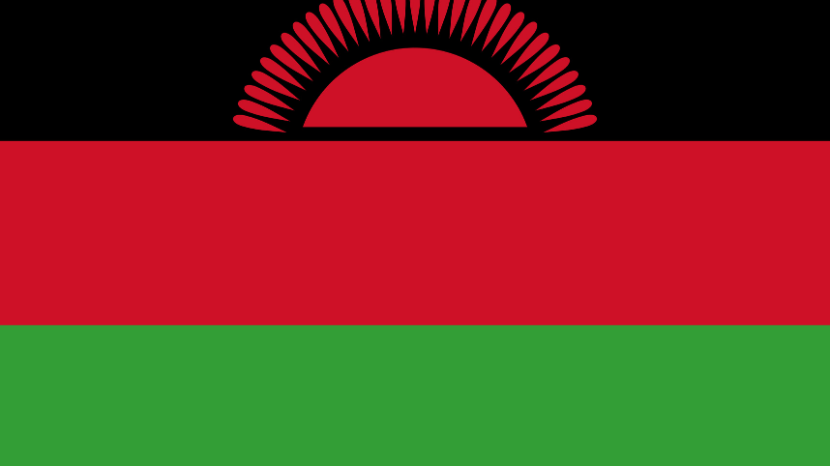
Fact 81: Tanzania – The Roof of Africa
Tanzania is home to Mount Kilimanjaro, often referred to as the “Roof of Africa”, as it is the continent’s highest peak, attracting adventurers and mountaineers from around the world.
Fact 82: Kenya – The Cradle of Humanity
Kenya is often referred to as the “Cradle of Humanity” due to the discovery of ancient hominid fossils in the Great Rift Valley, offering insights into the early stages of human evolution.
Fact 83: Uganda – The Pearl of Africa
Uganda, known as the “Pearl of Africa”, is famed for its diverse wildlife, including mountain gorillas, which can be found in the Bwindi Impenetrable Forest, a UNESCO World Heritage Site.
Fact 84: Rwanda – The Land of a Thousand Hills
Rwanda, often referred to as the “Land of a Thousand Hills”, is known for its stunning scenery, with lush green hills and valleys, offering a picturesque landscape.
Fact 85: Burundi – The Heart of Africa
Burundi, situated in the Great Lakes region, is often referred to as the “Heart of Africa”, due to its heart-shaped outline and central location on the African continent.
Fact 86: South Sudan – The World’s Youngest Country
South Sudan is the world’s youngest country, having gained independence from Sudan in 2011. It is known for its rich cultural heritage and diverse ethnic groups.
Fact 87: Ethiopia – The Birthplace of Coffee
Ethiopia is often considered the birthplace of coffee, with a long history of coffee cultivation and a unique coffee ceremony that is central to its culture.
Fact 88: Eritrea – The Italian Influence
Eritrea, a country on the Horn of Africa, showcases a blend of African and Italian influences, particularly in its architecture and cuisine, a legacy of its colonial history.
Fact 89: Djibouti – The Land of Contrasts
Djibouti is known as the “Land of Contrasts”, with a landscape that varies from volcanic plateaus to salt lakes and desert plains, offering a unique and diverse environment.
Fact 90: Somalia – The Nation of Poets
Somalia is often referred to as the “Nation of Poets”, due to the importance of poetry in its culture, with poets historically holding a high status in society.
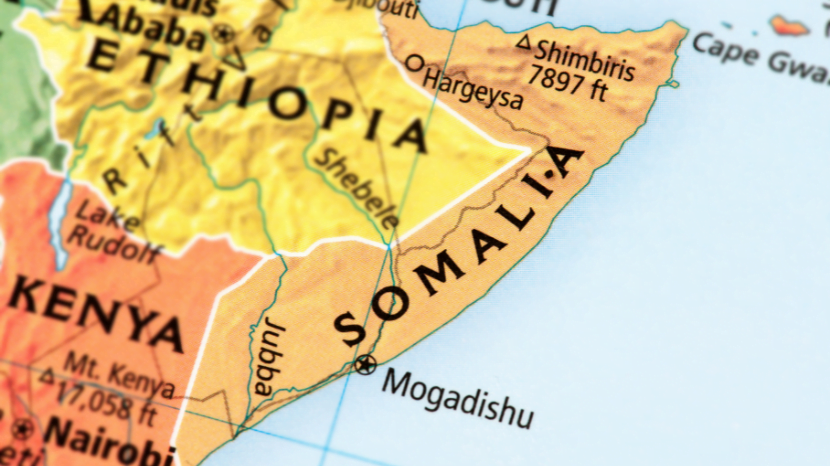
Fact 91: Sudan – The Land of Pyramids
Sudan is home to more pyramids than Egypt, with the ancient pyramids of Meroë showcasing the rich history and cultural heritage of the region.
Fact 92: Senegal – The Gateway to Africa
Senegal, often referred to as the “Gateway to Africa”, is known for its vibrant culture, music, and art, as well as its diverse wildlife and natural beauty.
Fact 93: Gambia – The Smiling Coast of Africa
Gambia, known as the “Smiling Coast of Africa”, is famed for its friendly locals, beautiful beaches, and diverse birdlife, attracting birdwatchers from around the world.
Fact 94: Guinea-Bissau – The Land of Carnaval
Guinea-Bissau is known for its vibrant Carnaval, a festival that blends African and Portuguese influences, featuring colorful costumes, music, and dance.
Fact 95: Guinea – The Water Tower of West Africa
Guinea is often referred to as the “Water Tower of West Africa” due to its numerous highland regions and rivers that source many of West Africa’s major rivers.
Fact 96: Sierra Leone – The Lion Mountains
Sierra Leone, which translates to “Lion Mountains”, is known for its beautiful beaches, vibrant culture, and rich mineral resources, including diamonds.
Fact 97: Liberia – The Land of the Free
Liberia, founded by freed American slaves, is known as the “Land of the Free”. Its capital, Monrovia, is named after U.S. President James Monroe, a supporter of the colonization.
Fact 98: Ivory Coast – The World’s Largest Cocoa Producer
Ivory Coast is the world’s largest producer of cocoa, a key ingredient in chocolate, playing a significant role in the global cocoa industry.
Fact 99: Ghana – The Gold Coast
Ghana, historically known as the Gold Coast due to its rich gold reserves, is known for its diverse wildlife, old forts, and secluded beaches.
Fact 100: Togo – The Land of Voodoo
Togo is known as the birthplace of Voodoo, a spiritual practice that originated in West Africa, with a rich tradition of rituals and ceremonies.
Conclusion
In this grand journey, we traversed continents, delved into diverse cultures, and explored the unique facets that make up our vibrant world. From the icy landscapes of Greenland to the bustling markets of Ghana, each country holds a treasure trove of facts that paint a rich tapestry of global heritage. As we stand at the crossroads of history and modernity, it becomes increasingly important to foster a deep appreciation for the tapestry of cultures, landscapes, and traditions that adorn our planet. Through understanding and celebrating these 100 facets of our global community, we take a step closer to fostering unity, appreciation, and a deeper connection with the world we all call home.

